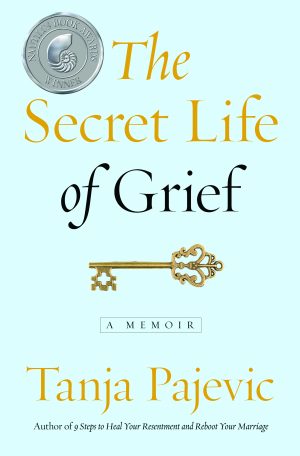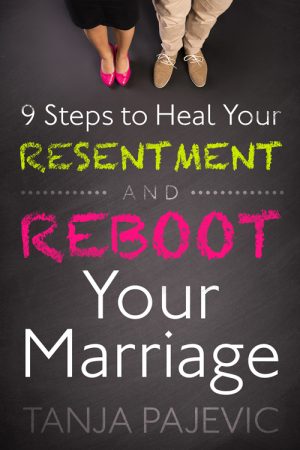Today, let’s talk about some of the scary questions that pop up when we’re writing (or even considering writing) memoir.
Will I get sued?
Nope. It’s rare for an author to get sued over a memoir. Really. For that to happen, someone would have to convince a lawyer to hire them, which is a stretch, since most lawyers won’t take on a libel case unless they know they’re going to earn a lot of money. So you’d have to be a) pretty famous and/or b) be writing a huge book, like Michelle Obama. I don’t think that applies to most of us. Plus, for a lawyer to win a libel case, they’d have to prove that whatever you wrote was false.
Here are some pretty easy ways to protect yourself:
• Tell the truth.
• Change names and identifying details.
• Put a disclaimer at the beginning of your book.
Tip: Don’t worry about getting the details of your story wrong. Remember: your job in the shitty first draft stage is simply to get the story down on the page. You can change everything else later—names, dates, times, places, details, even the story itself. That’s what revision is for. At this point in the game, your goal is simply to get everything down on the page. If need be, you can run your story by a lawyer, literary agent or publisher at a later date.
What will my family think?
Here’s another common place where we get stuck. We start worrying what will happen down the road, once the book is published. Will my mother still talk to me? Will my sister turn my family against me?
Those are all good questions that we’ll consider later, if and when you decide to publicly share your story. (Cause not everyone does. Some folks write for themselves, which is just as powerful.)
 For now, your job is simply to get your story down on the page. That’s it. Once we’ve got the story’s bones down on the page (those big rocks), we’ll have a much better sense of the story’s scope. And we need that clarity in order to weed out what doesn’t belong as well as add in what’s missing. That’s why this part of the writing process will come later, once we’re starting to edit and revise.
For now, your job is simply to get your story down on the page. That’s it. Once we’ve got the story’s bones down on the page (those big rocks), we’ll have a much better sense of the story’s scope. And we need that clarity in order to weed out what doesn’t belong as well as add in what’s missing. That’s why this part of the writing process will come later, once we’re starting to edit and revise.
That’s when we’ll circle back to these bigger questions. Right now, we’re still trying to make sense of what we have, which is its own process. In other words, don’t worry about decorating the house when we’re laying the foundation.
Remember: Editing and revising are different parts of the writing process. That’s why we start by clarifying your transformative event and identifying your story’s big rocks. This is how we build a strong foundation for our memoir.
All that aside, the prospect of a loved one even seeing our writing can be daunting in itself. That’s why I caution clients to keep their first drafts to themselves.
This one’s important, folks: Don’t show your writing to anyone who hasn’t earned the right to hear your story.
Sometimes we do this is a misguided effort to get our loved ones’ support or acceptance. But if you bring in feedback too early—especially if you ask for feedback from the wrong people—it’ll just shut you down. For many writers, this is at the heart of their writer’s block. That’s why it’s critical that you only share your early drafts with people who’ve earned the right to see them.
Remember: Your job at this point is to tell the truth—your truth, that is, not someone else’s. We’ll cross the next bridge when we come to it.
Until then, take it one step at at time.
Much love,
Tanja
P.S.: If you have a friend who could benefit from my posts, please forward these notes or invite her to join our community here.
P.P.S.: As always, reach out with any questions. Email me at tanja@tanjapajevic.com or simply hit “reply” to this message.


